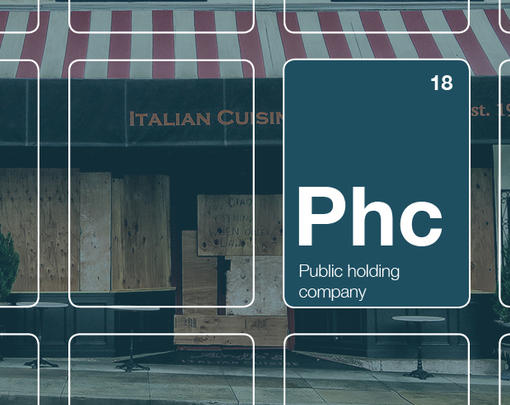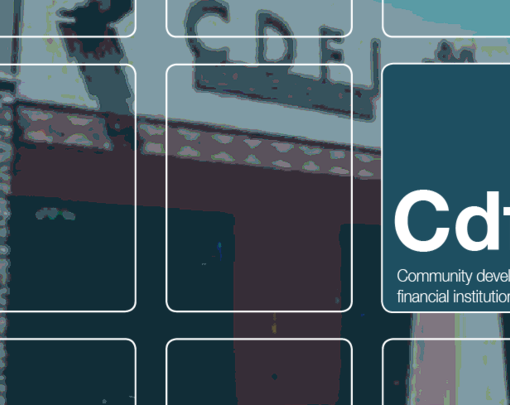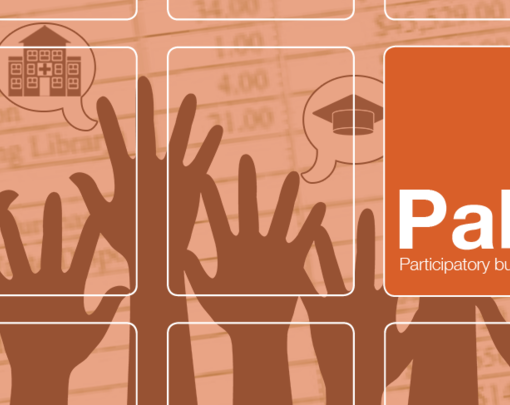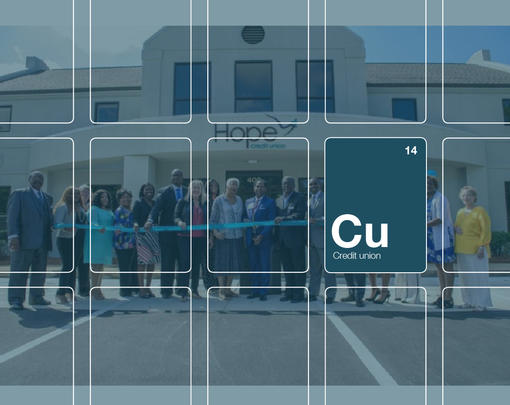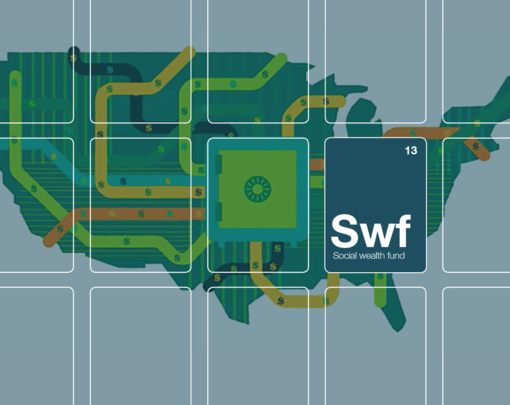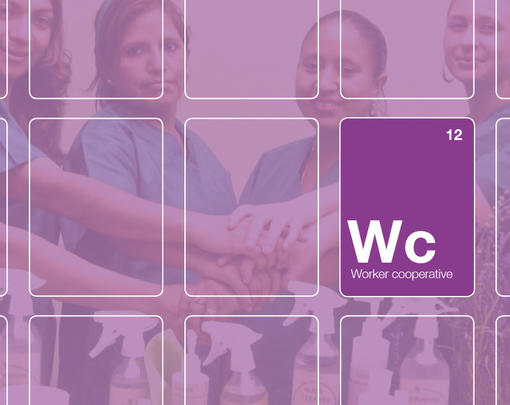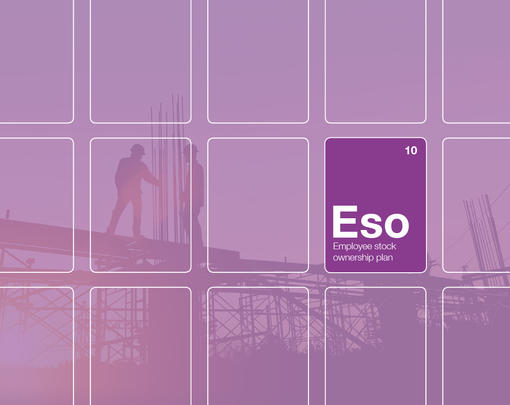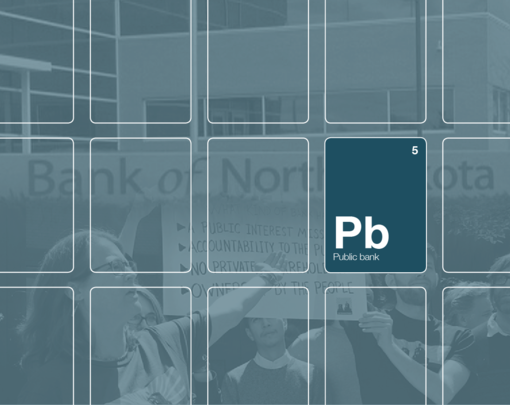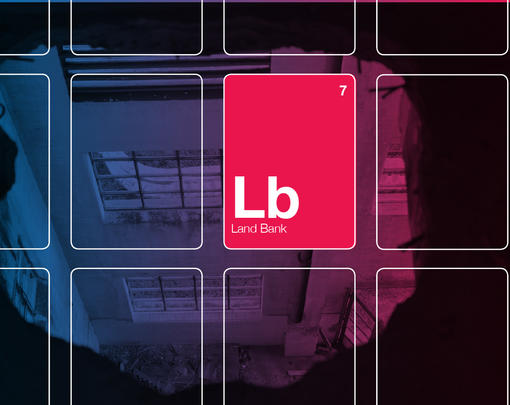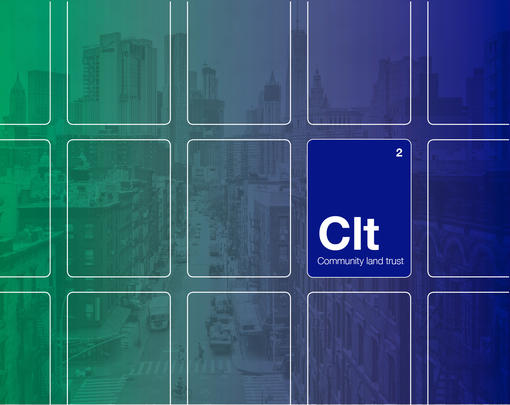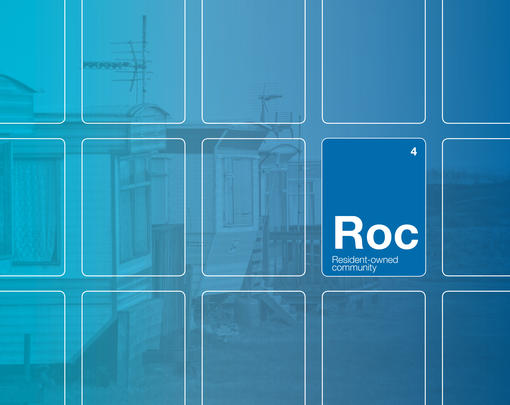Description
A community benefit agreement (CBA) is a contract between a developer and community representatives committing the developer to fulfill specific obligations in connection with a particular project.
The CBA is a legally binding product of negotiations between the developer and community members who have banded together to safeguard their community’s interests. These commitments are typically monetary in nature but can include non-monetary benefits (i.e., investment in a community center, an affordable housing fund, agreements to pay workers a living wage, legal assistance, and so on). “Community” can be as narrow as the neighborhood affected by a particular project or as broad as an entire city. In Los Angeles, for example, a CBA negotiated with the builders of the L.A. Live Sports and Entertainment Complex provides support for community-based job training and hiring programs as well as interest-free loans to nonprofit housing developers.
Potential Impact
CBAs can help blunt forces of residential and economic displacement, and increase transparency and accountability in public spending. The negotiation and implementation process opens leadership opportunities for community members and ensures that essential resources are leveraged to meet the short- and long-term needs of local residents. CBAs can be an effective tool for managing and sustaining the accountability mechanisms and public engagement needed to ensure that an investment’s benefits are shared across the community, including by its most vulnerable populations. Moreover, developers benefit by establishing relationships with community members and elected officials that enable them to avoid costly legal battles and public protests. While CBAs have so far been used to secure a range of commitments around local workforce development, hiring, and community investment from private developers, they can be leveraged to create even broader and more lasting change away from speculation-driven development.
Transformative Characteristics
Transparent, inclusive, and accessible CBA negotiations reshape the power dynamics in community and economic development processes, giving community members a voice in how the fruits of economic development are shared. More specifically, those most likely to be affected by a project but who might be excluded from conventional governing procedures can have greater opportunities to contribute to the decision-making regarding the development of local community assets through a properly structured CBA process. This can occur through advisory council representation or leadership in the organization(s) set up by CBA negotiators to manage and distribute CBA resources.
Examples
The Kingsbridge Armory CBA
The Northwest Bronx Community Clergy and Coalition (NWBCCC) in 2013 signed an agreement with the Kingsbridge National Ice Center in conjunction with the nearly $320 million redevelopment of the New York City’s Kingsbridge Armory in the Bronx. The agreement included the creation of an 11-member community advisory council specifically designed to be broadly representative. The developer agreed to set aside 51 percent of jobs associated with the project for Bronx residents, pay living wages for workers, and provide $1 million per year to local nonprofits, among other benefits. Construction of the facility was scheduled to begin in early 2019.
West Harlem CBA
Columbia University in 2009 signed a $150 million CBA with the West Harlem Local Development Corporation (WHDC) in connection with its Manhattanville campus expansion in West Harlem. The funds were raised as part of the university’s capital campaign and are administered by WHDC, an organization composed of local community representatives and the city-mandated local community board for that area. The developer agreed to provide $76 million in a benefits fund for distribution by WHDC, $20 million for an affordable housing fund, and $4 million for housing legal assistance for local residents. Through mid-2017, WHDC has funneled $12.6 million to 159 nonprofits that provide neighborhood residents services in areas that include education, housing, workforce development, and the arts.
Challenges
CBAs can at times conflict with existing local political and policy priorities for community revitalization. While this can create some challenges between grassroots community leaders and local elected officials, the conflict can also surface opportunities that would be overlooked otherwise. Additionally, CBAs can prove ineffective if they were created through secretive negotiations with little to no real community participation, contain vague commitments with no timeframes, or allow for little community control or public accountability.
More Resources
The Partnership for Working Families is a national network of leading regional advocacy organizations that develops innovative solutions around national economic and environmental issues. The organization is host to the Community Benefits Law Center, which provides resources to communities pursuing community benefit agreements.
Download and Share




